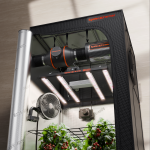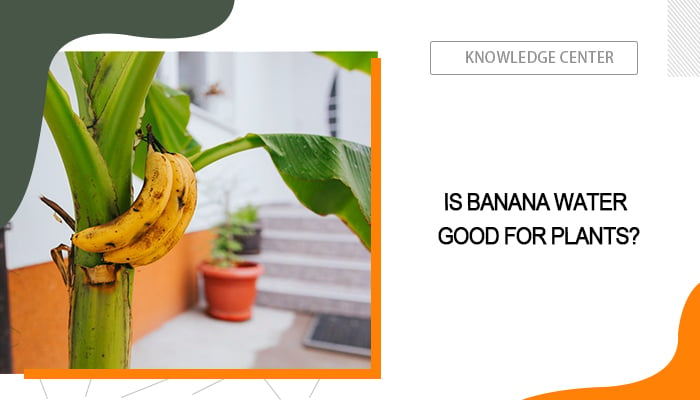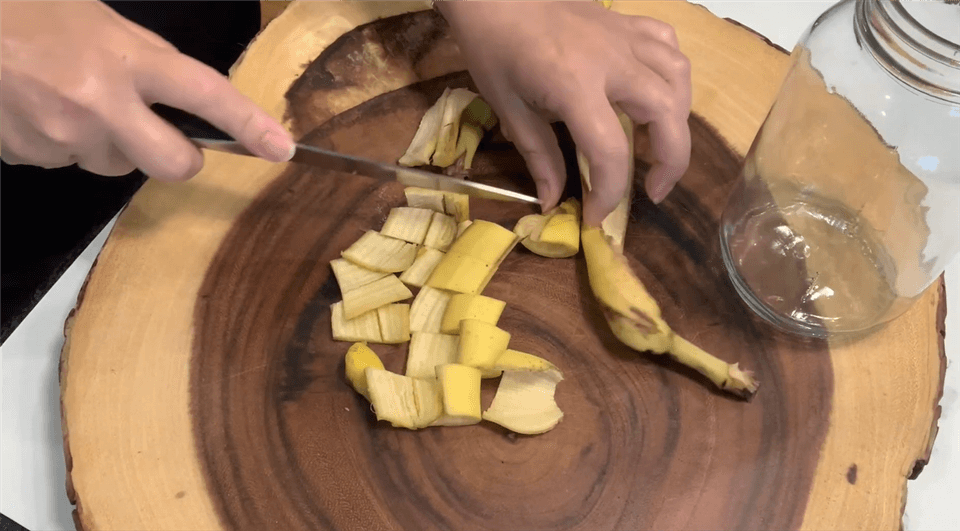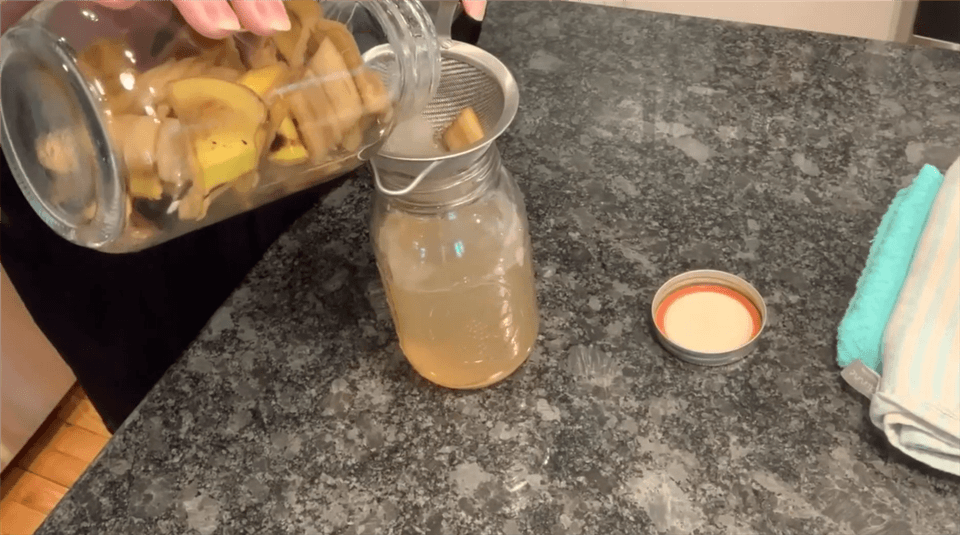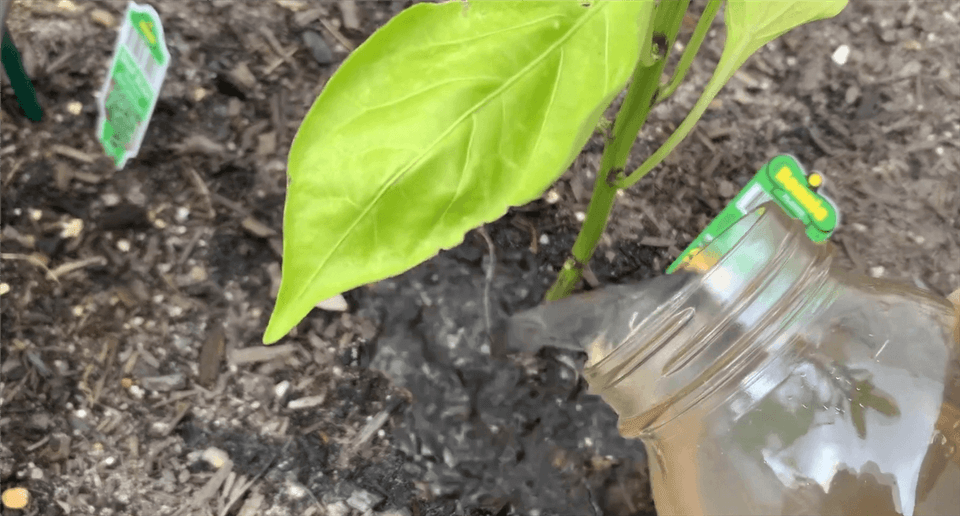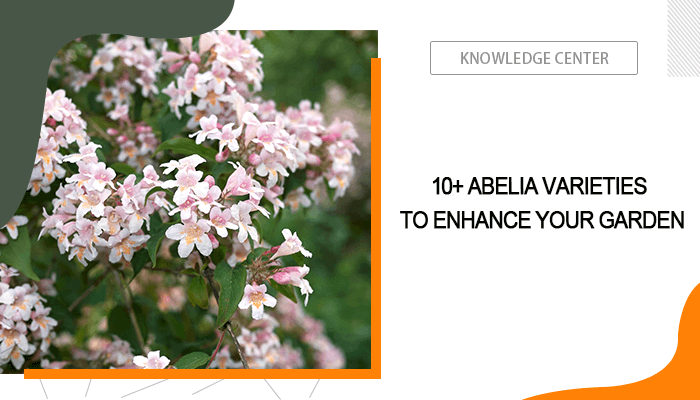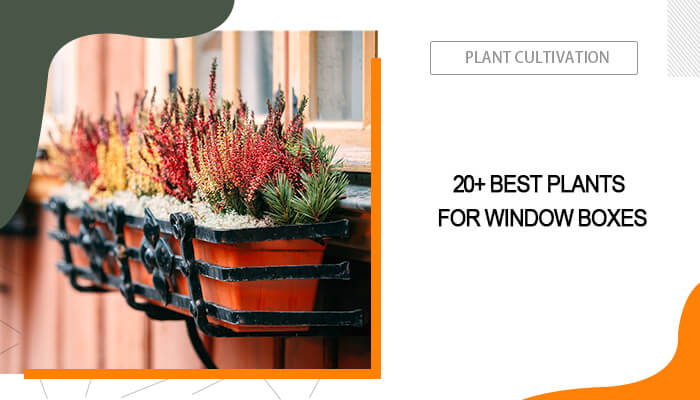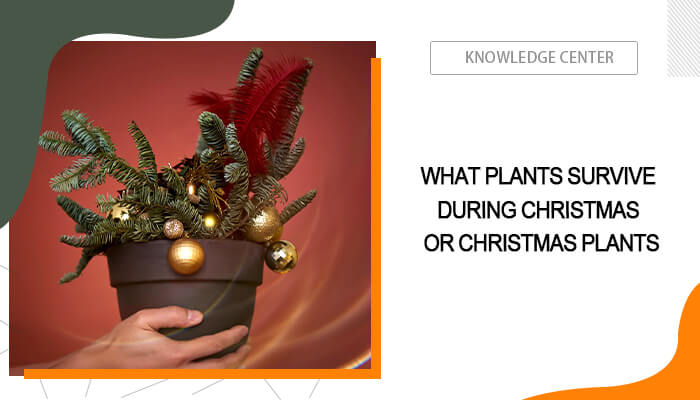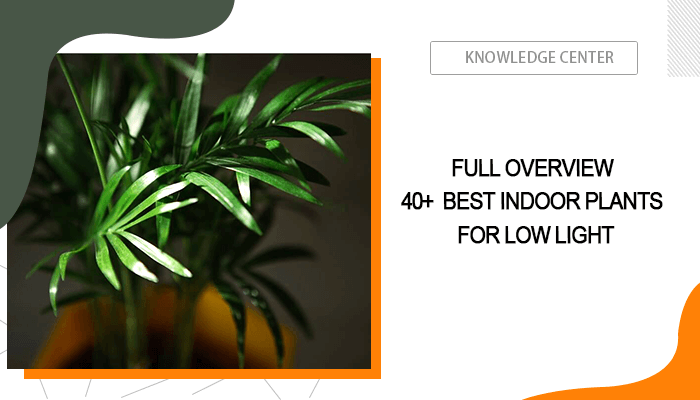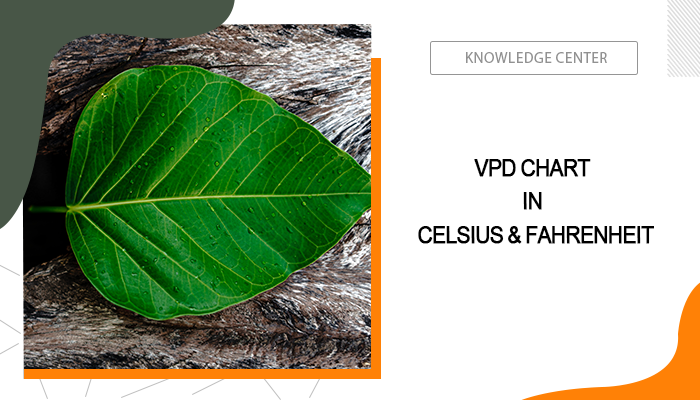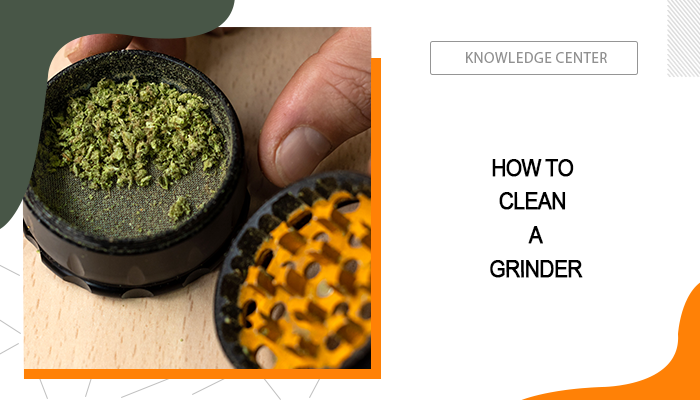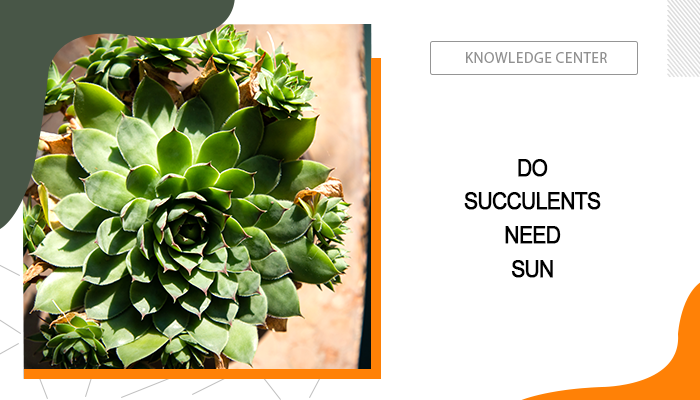Are you looking for a natural way to boost plant growth? Banana water fertilizer might be a good solution! Rich in essential nutrients like potassium, phosphorus, and calcium, this simple homemade fertilizer can significantly enhance plant growth and vitality. Recently, more and more gardeners are discovering the benefits of using banana water for plants, not just for its nutrient content but also for its ability to improve soil quality and promote healthy root development.
In this article, we’ll explore whether banana water is good for plants, what plants can or cannot benefit from this fertilizer, and introduce detailed steps to help you make banana water at home. Embrace the power of banana water and watch your garden flourish!
Table of Contents
Is Banana Water Good for Plants?
Yes, banana water is beneficial for plants as it is rich in potassium, phosphorus, and calcium. These elements are essential nutrients for plant growth. Banana water for plants can be made by soaking banana peels in water, and it can help improve soil quality, promote healthy root development, and boost overall plant vitality. For example, as Christmas Day approaches, you can soak banana peels to boost Christmas Cactus bloom. However, it’s important to use it in a moderate quantity and as part of a balanced fertilization routine to avoid nutrient imbalances.
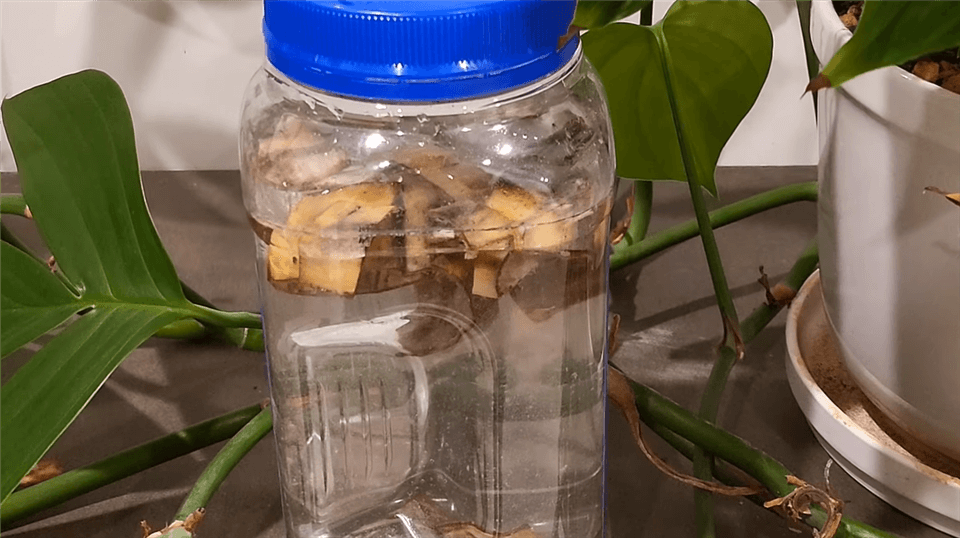
Is Banana Water Good for Plants?
Which Plants Like Banana Water?
Many plants benefit from banana water due to its high potassium content, which promotes overall growth and flowering. Some plants can particularly thrive with banana water:
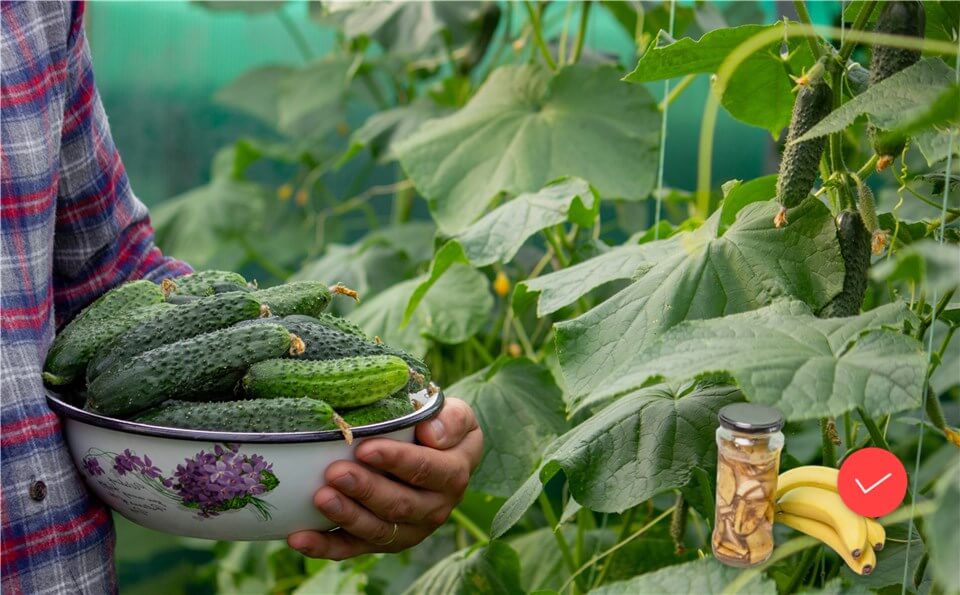
Which Plants Like Banana Water?
- Tomatoes: Enhanced fruit development and yield.
- Peppers: Improved growth and fruit production.
- Cucumbers: Stronger plants with better fruit set.
- Roses: Healthier blooms and increased flowering.
- Houseplants: General vitality and leaf health.
Always use banana water in moderation and observe how your plants respond to ensure optimal growth.
What Plants Don’t Like Banana Peels?
While many plants benefit from the nutrients in banana peels, some plants may not respond well to them. For example, plants that prefer acidic soils, such as blueberries and azaleas, might be negatively affected, as banana peels can add more potassium and potentially disrupt their pH balance. Additionally, certain root vegetables like carrots and potatoes may not thrive with banana peels due to the potential for attracting pests like slugs and snails. Therefore, it’s essential to consider the specific needs of each plant before using banana peels as a fertilizer.
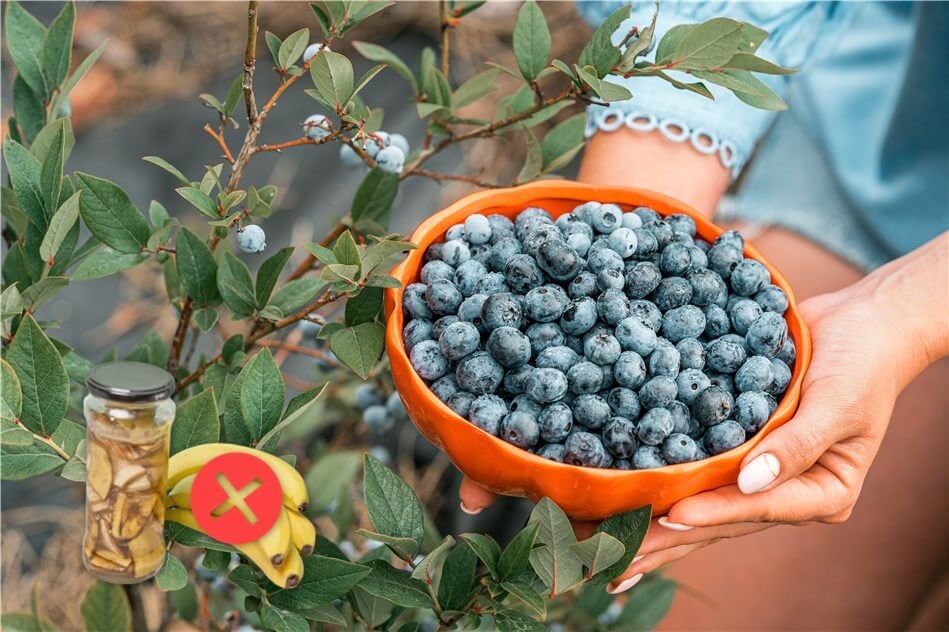
What Plants Don’t Like Banana Peels?
How to Make Banana Water?
Making banana water is quite easy and involves just a few simple steps. You can use the tea within a week for the best results. Here is a banana peel tea recipe: 2-3 banana peels and 1 quart (about 1 liter) of water. Now, please take the following instructions to prepare banana water for plants.
- Chop the banana peels into smaller pieces to increase the surface area for nutrient extraction.
Chop the Banana Peels
- In a pot, bring the water to a boil. Once the water is boiling, add the chopped banana peels to the pot.
- Lower the heat and let the mixture simmer for about 15-20 minutes. This will help extract the nutrients from the peels.
- After steeping, remove the pot from heat and allow the tea to cool. Strain the liquid to remove the banana peel pieces.
Strain the Liquid to Remove the Banana Peel Pieces
- Once cooled, you can use the banana peel tea to water your plants. It can be applied directly to the soil or as a foliar spray.
Water Your Plants with Banana Peel Tea
How Long Can You Keep Banana Water for Plants?
Banana peel tea for plants can be stored for about one week when kept in a cool, dark place or refrigerated. After this time, the nutrients may start to degrade, and the water could develop a strong odor or become less effective. To ensure the best results, it’s advisable to use the banana water within a week of preparation. If you notice any signs of spoilage, such as an unpleasant smell or change in color, it's best to discard it and make a fresh batch.
FAQs About Banana Water for Plants
By the end of the article, we’ll further discuss about the banana water for plants.
Does banana water attract bugs?
Yes, banana water can attract certain bugs, particularly pests like fruit flies and ants, due to its sweet smell and the sugars released from the banana peels. While it is a beneficial fertilizer for plants, it’s important to use it carefully to avoid attracting unwanted insects. To minimize this risk, consider applying banana water early in the morning or late in the afternoon, and ensure that any excess liquid is not left sitting around the plants. Properly diluting the banana water can also help reduce its attractiveness to pests.
Can I put banana peels directly in my plants?
Yes, you can put banana peels directly in your plants as they are a great source of nutrients like potassium, phosphorus, and calcium. Simply chop the peels into small pieces and bury them in the soil around your plants. This method allows the peels to decompose gradually, enriching the soil over time. However, be cautious not to overdo it, as too many peels can attract pests or create an imbalance in the soil. Using them in moderation as part of your overall composting or fertilization routine is ideal.
Can you put banana peels around tomato plants?
Yes, you can put banana peels around tomato plants, as they provide valuable nutrients like potassium, which is essential for fruit development. Simply chop the peels into small pieces and bury them in the soil around the base of the plants. This method allows the peels to decompose and enrich the soil over time. Just be mindful of the quantity you use, as too many peels can attract pests or create an imbalance in the garden. Using banana peels as part of a balanced fertilization approach can help promote healthier and more productive tomato plants.
Do banana peels really work for killing aphids?
Banana peels are not a direct solution for killing aphids, but they can help deter them indirectly. The peels contain certain compounds that may attract beneficial insects, like ladybugs, which are natural predators of aphids. Additionally, placing banana peels in the soil can improve overall plant health, making them more resilient to pest infestations. For more effective aphid control, consider using insecticidal soap, and neem oil, or introducing beneficial insects alongside using banana peels to enhance your garden’s ecosystem.
Conclusion
In conclusion, banana water is an excellent natural fertilizer that can significantly benefit plant health. By using the banana peel tea recipe, gardeners can promote stronger root development, enhance flowering and fruiting, and improve overall soil quality. It’s a simple and eco-friendly solution that utilizes kitchen waste to nurture your garden. However, the key is moderation, as over-application can lead to nutrient imbalances or attract pests. Overall, incorporating banana water into your gardening routine can lead to thriving plants and a more vibrant garden ecosystem.

